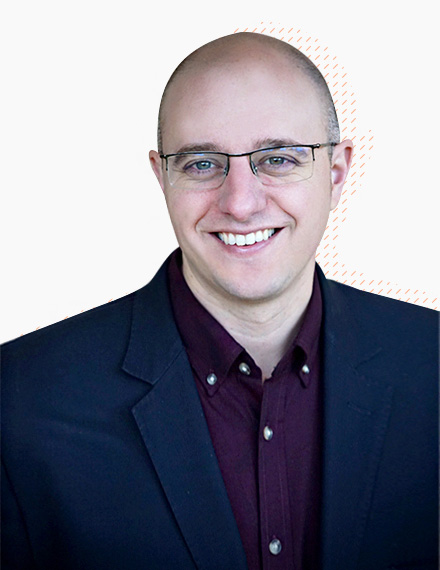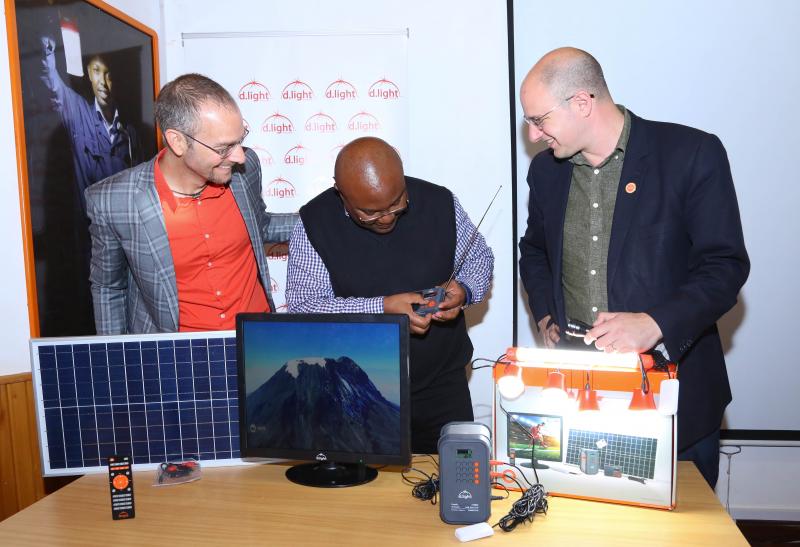Mauritius-based d.light Receives $1.9M New Funding from Swedfund for Energy Solutions in Africa
The Swedish development finance agency, Swedfund, is once again making headlines with its decision to invest an additional $1.9 million in d.light, an energy solution provider operating in Africa. This comes as a continuation of Swedfund’s initial investment in December 2018 in the company, which has already yielded promising results.
Swedfund, known for financing private companies in emerging countries, made the announcement recently, much to the excitement of the energy industry. D.light, a company founded in 2007 and based in Mauritius, specializes in marketing solar lighting and power products in sub-Saharan Africa and Asia. This additional investment comes five years after Swedfund’s initial investment in d.light, a testament to the company’s continued success in the energy market.
read also Altech Raises $18M for Further Expansion in the DRC
In December 2018, a consortium of investors, including Swedfund and other partners, made a historic commitment of $41 million to d.light, which was already present in East and West Africa. The company aimed to reach nearly 100 million people in its main areas of intervention in Africa and Asia with its energy solutions.

Since the initial investment, d.light has expanded its business beyond Kenya to new markets such as Uganda, Tanzania, and Nigeria. The company has also introduced new products and services in these markets, consolidating its position as a leading player in the energy industry.
Unfortunately, despite the progress made, Swedfund laments the fact that the number of Africans without electricity has increased compared to 2019, with almost 30 million people now unable to access electricity services. With this additional funding, d.light plans to continue its expansion into new territories in Africa, bringing clean and affordable energy solutions to millions of people in need.
read also The African Commission Condemns Indiscriminate Bombings and Shelling in Sudan
Swedfund’s investment in d.light demonstrates its commitment to promoting sustainable development in emerging countries. By investing in companies like d.light, Swedfund is not only helping to bring affordable energy solutions to millions of people but is also contributing to the growth of the African economy.
Charles Rapulu Udoh

Charles Rapulu Udoh is a Lagos-based lawyer, who has several years of experience working in Africa’s burgeoning tech startup industry. He has closed multi-million dollar deals bordering on venture capital, private equity, intellectual property (trademark, patent or design, etc.), mergers and acquisitions, in countries such as in the Delaware, New York, UK, Singapore, British Virgin Islands, South Africa, Nigeria etc. He’s also a corporate governance and cross-border data privacy and tax expert.
As an award-winning writer and researcher, he is passionate about telling the African startup story, and is one of the continent’s pioneers in this regard












